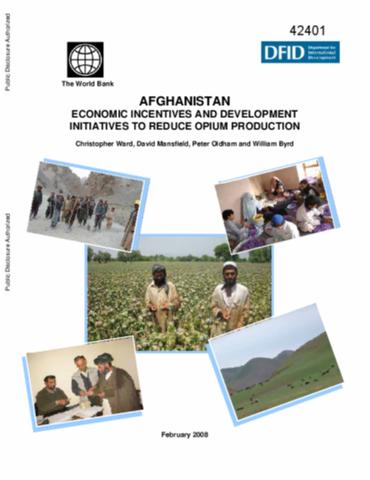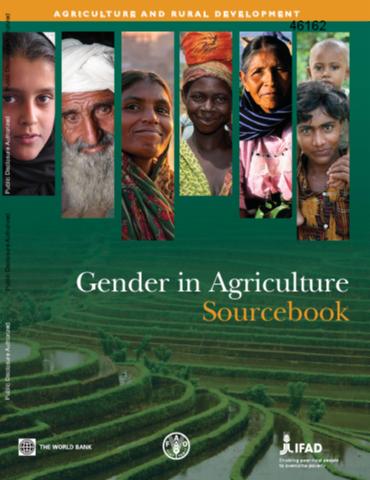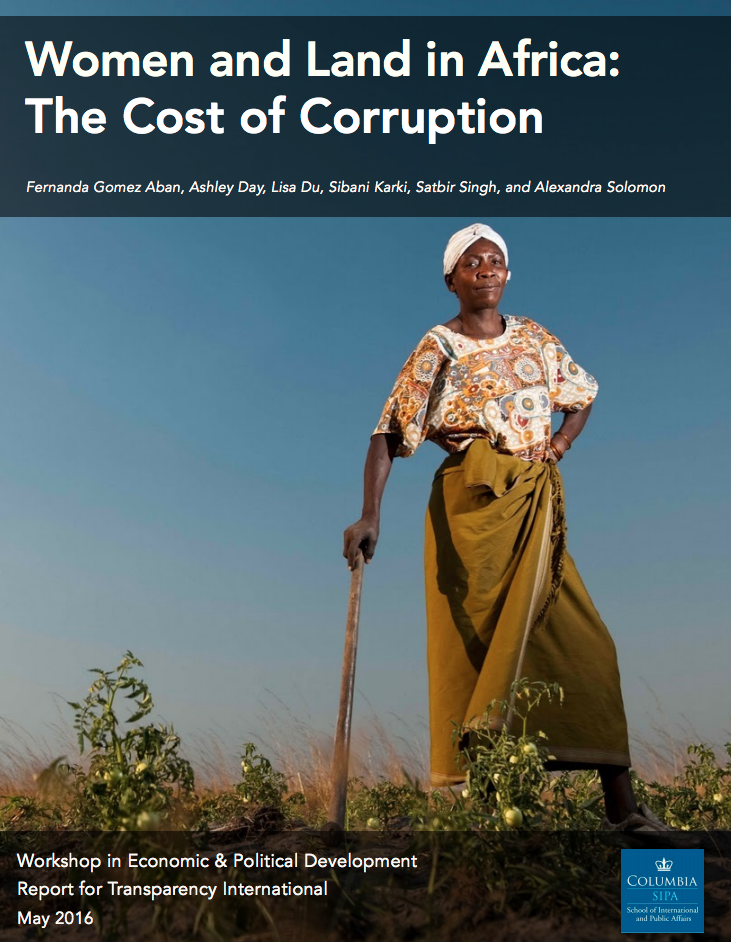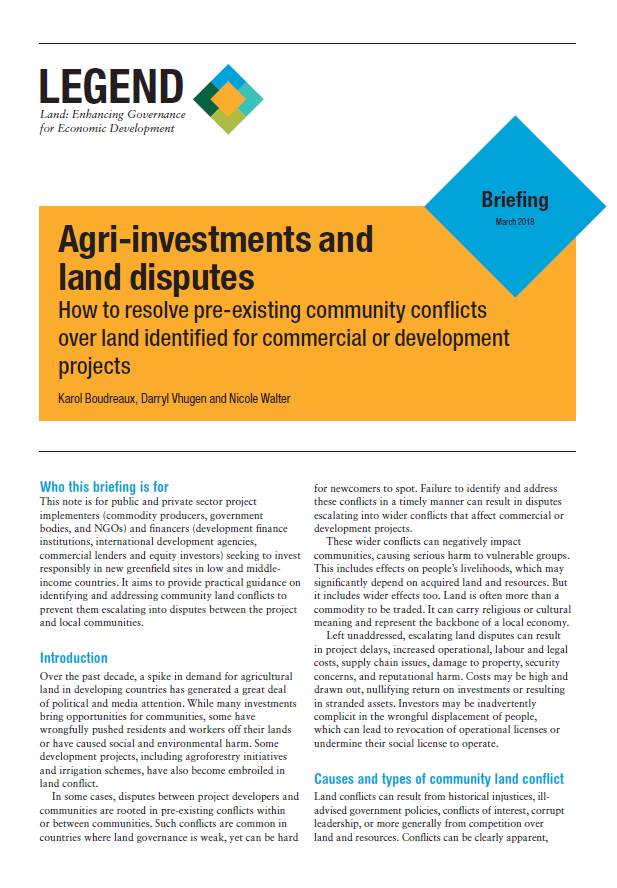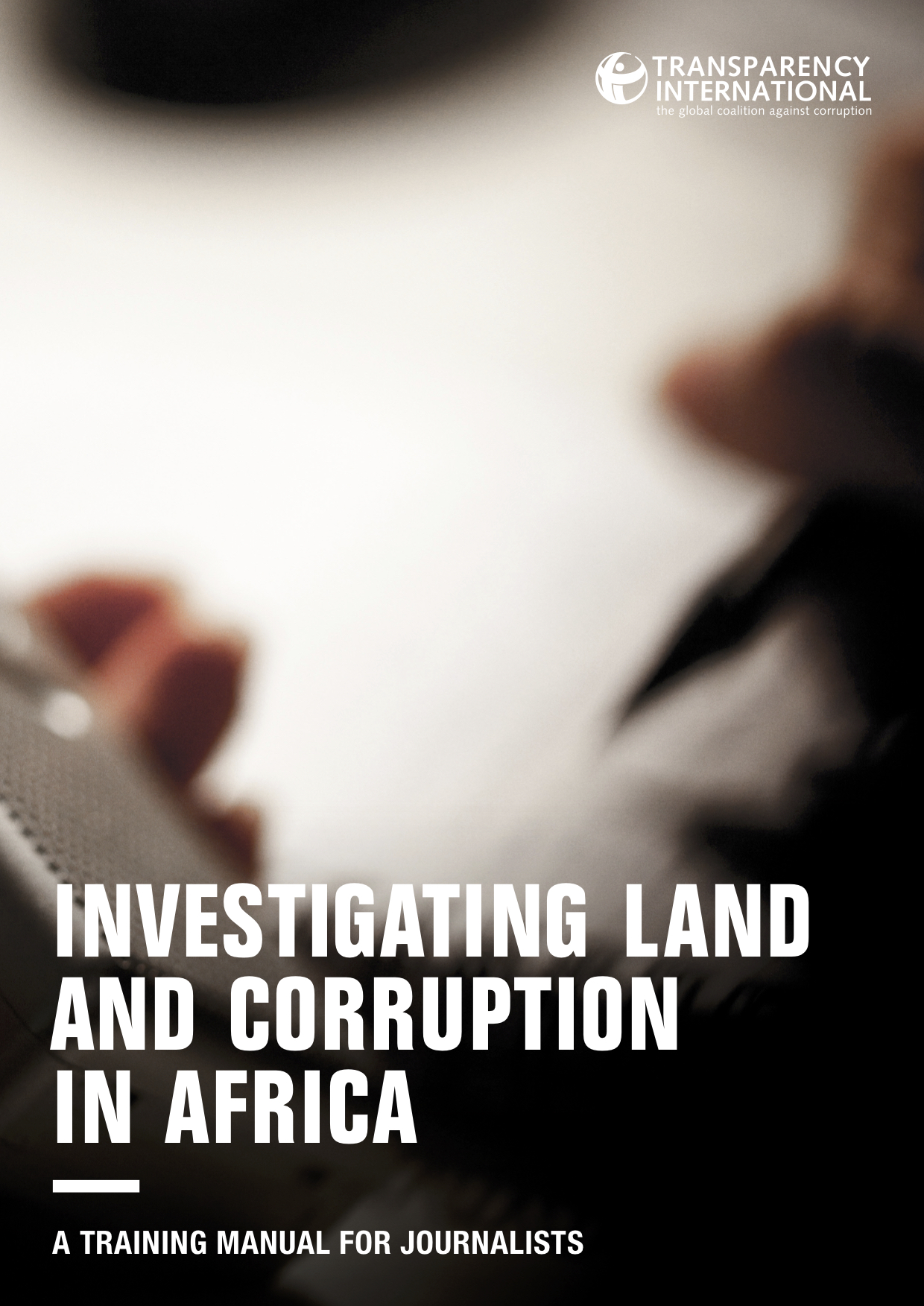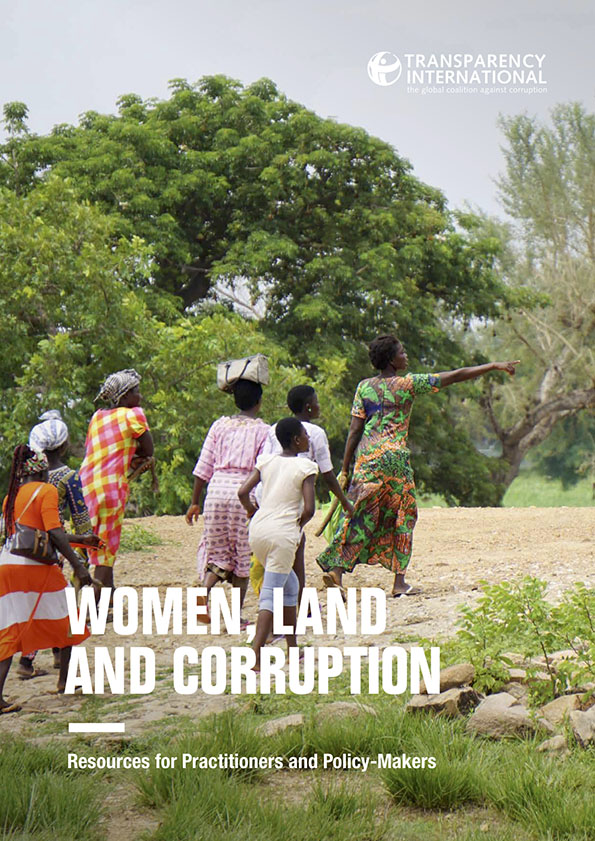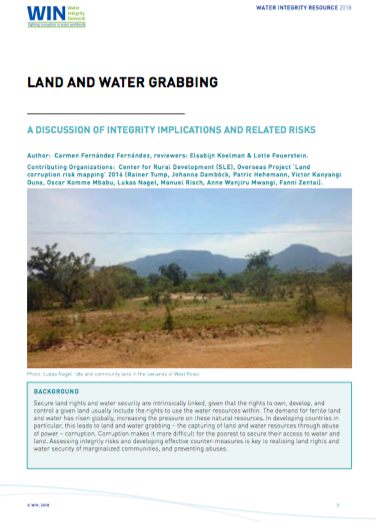Afghanistan : Economic Incentives and Development Initiatives to Reduce Opium Production
This report is about how to progressively reduce over time Afghanistan's dependence on opium - currently the country's leading economic activity - by development initiatives and shifting economic incentives toward sustainable legal livelihoods. Specifically, the report identifies additional investments and policy and institutional measures to support development responses that can counterbalance the economic advantages of opium.

